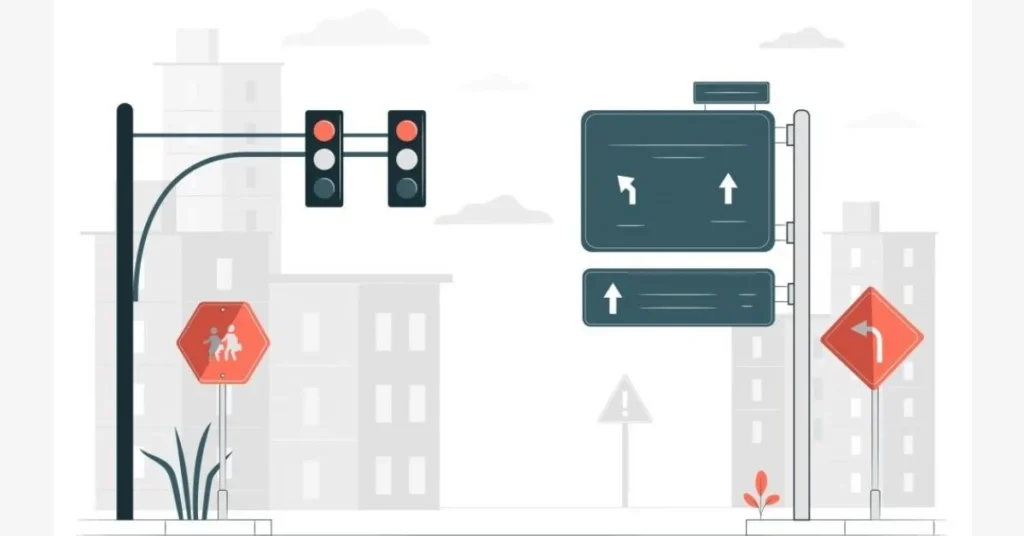When it comes to car accident cases, evidence plays a significant role in assigning responsibility and ensuring fairness for all parties involved. Of all the evidence at hand, traffic camera footage is especially noteworthy as a vital asset, providing valuable insights into the events preceding a collision.
Discuss your case with a car accident attorney to learn how you can obtain and use traffic camera footage.
This article explores the role of traffic camera footage in car accident cases, examining its significance and impact within the legal system.
Contents
The Importance of Traffic Camera Footage
Traffic camera footage, captured by surveillance cameras strategically placed at intersections, highways, and other key locations, acts as a silent observer of the events preceding an accident. These cameras come with state-of-the-art technology to record live footage of traffic flow, vehicle movements, and pedestrian activity. Following a car accident, this footage can provide objective evidence of the sequence of events, vehicle speeds, adherence to traffic signals, and other crucial factors influencing the collision.
Benefits of Traffic Camera Footage
A primary benefit of traffic camera footage is its ability to offer an unbiased opinion of the accident. Unlike eyewitness testimonies, which may be susceptible to inconsistencies and biases, traffic camera footage provides an unbiased record of the incident. This visual evidence can either support or challenge the accounts provided by involved parties, insurance claims, and police reports, thereby facilitating a more accurate assessment of liability.
In addition to establishing the sequence of events, traffic camera footage can shed light on factors such as driver negligence, reckless behavior, and adherence to traffic laws. For instance, footage showing a driver running a red light or surpassing the speed limit can present convincing evidence of fault in a car accident case. Similarly, footage capturing distracted driving behaviors, such as texting or adjusting the radio, can contribute to proving negligence on the part of a driver.
Furthermore, traffic camera footage can assist in reconstructing the accident scene and provide valuable context for expert testimony. Accident reconstruction experts can analyze the footage to determine the speed and trajectory of vehicles involved, assess visibility conditions, and identify any contributing factors such as road defects or weather conditions. This comprehensive analysis strengthens the value of the footage and enhances its credibility in court.
Admissibility and Considerations
It is important to note that the admissibility of traffic camera footage as evidence may vary depending on jurisdictional laws and procedural rules. While some states permit the use of traffic camera footage in court proceedings, others may impose restrictions or require authentication by qualified experts. Additionally, issues such as privacy concerns, video quality, and chain of custody may impact the reliability and admissibility of the footage.
Hire a Lawyer

The best thing you could do after a car accident is to hire a lawyer. A car accident lawyer can help the victim in many different ways. They can do the following for you:
- Collect evidence, including traffic camera footage, with the help of their investigators
- Calculate your losses accurately. They will factor in both economic and non-economic losses
- Negotiate with the insurance adjusters and review their offers
A lawyer can protect you from insurance adjusters and their cheap tactics.
Final Thoughts
The significance of traffic camera footage in car accident cases cannot be overstated. Its ability to provide objective, real-time documentation of traffic incidents serves as a valuable tool for attorneys, insurance companies, and courts seeking to establish liability and resolve disputes.
As technology progresses and surveillance infrastructure expands, traffic camera footage is positioned to assume a more prominent role in the pursuit of justice in car accident cases. Hire a car accident lawyer and let them handle your case while you focus on recovery.

